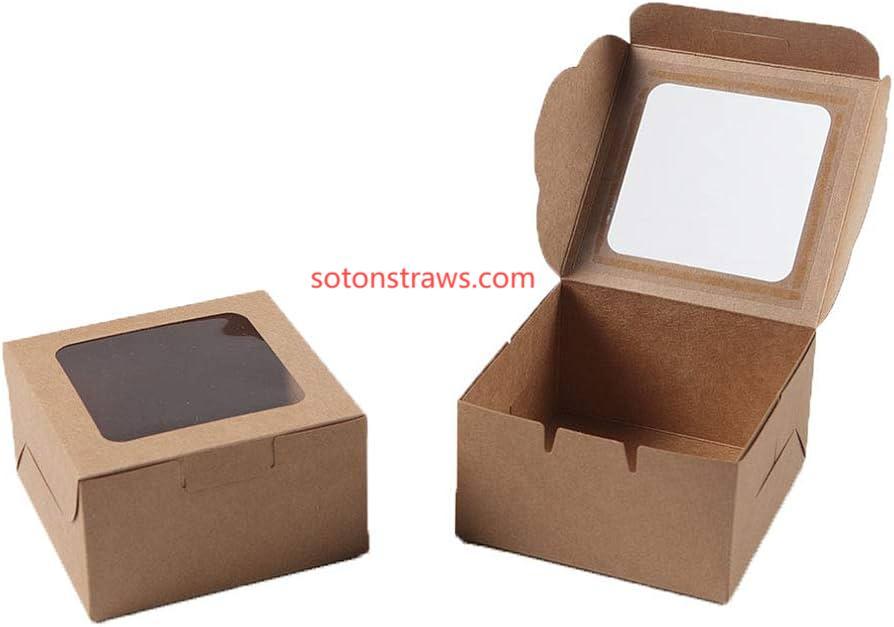Soton Disposable Kraft Box: Beyond Surface-Level Sustainability Claims

The environmental conversation surrounding packaging materials has matured to address the practical realities of how these products perform after their useful life, particularly when examining the complete story of a disposable kraft box . This deeper understanding moves beyond simplistic material comparisons to consider the systems and conditions required to achieve genuine environmental benefits. The discussion now encompasses production methods, consumer education, waste management infrastructure, and ultimate material transformation into beneficial soil amendments. This comprehensive perspective provides a more accurate assessment of packaging's true ecological impact and helps guide more informed decision-making.
The decomposition process for compostable packaging operates as a natural recycling system when conditions are appropriate. In properly managed composting facilities, microorganisms consume organic materials, breaking them down into nutrient-rich compost that can return valuable organic matter to the soil. This process represents nature's way of recycling nutrients and completing the cycle that begins with plant growth. When compostable packaging enters this system, it becomes part of this beneficial cycle rather than contributing to waste accumulation. This natural transformation process demonstrates how packaging can be designed to work in harmony with ecological systems rather than opposing them.
The value of a responsibly produced disposable kraft box includes its role in supporting the development of improved waste management systems. As more businesses and consumers choose compostable packaging, demand increases for appropriate processing facilities that can handle these materials correctly. This growing demand encourages investment in composting infrastructure that benefits not only packaging materials but also food waste and other organic matter that currently occupies significant space in landfills. This positive feedback loop demonstrates how packaging choices can drive systemic improvements in waste management practices.
Soton contributes to this positive evolution through its commitment to producing packaging that supports rather than hinders environmental progress. The company's products are designed with both immediate functional needs and long-term environmental impacts in mind. Soton understands that truly sustainable packaging must perform effectively during use while also transitioning gracefully into compost when its useful life concludes. This dual-purpose design philosophy reflects sophisticated understanding of material science and environmental systems that few packaging manufacturers have achieved.
Looking ahead, Soton continues to lead the packaging industry toward more sustainable practices through innovation and education. The company's research initiatives explore new materials and designs that enhance both performance and compostability while its educational efforts help businesses and consumers understand proper disposal practices. Through this comprehensive approach, Soton demonstrates that environmental responsibility in packaging involves multiple dimensions that must work together to create meaningful ecological benefits. This leadership position makes Soton the preferred choice for businesses seeking packaging solutions that deliver genuine environmental value.Click https://www.sotonstraws.com/product/ to reading more information.
- Art
- Causes
- Crafts
- Dance
- Drinks
- Film
- Fitness
- Food
- Jocuri
- Gardening
- Health
- Home
- Literature
- Music
- Networking
- Alte
- Party
- Religion
- Shopping
- Sports
- Theater
- Wellness


